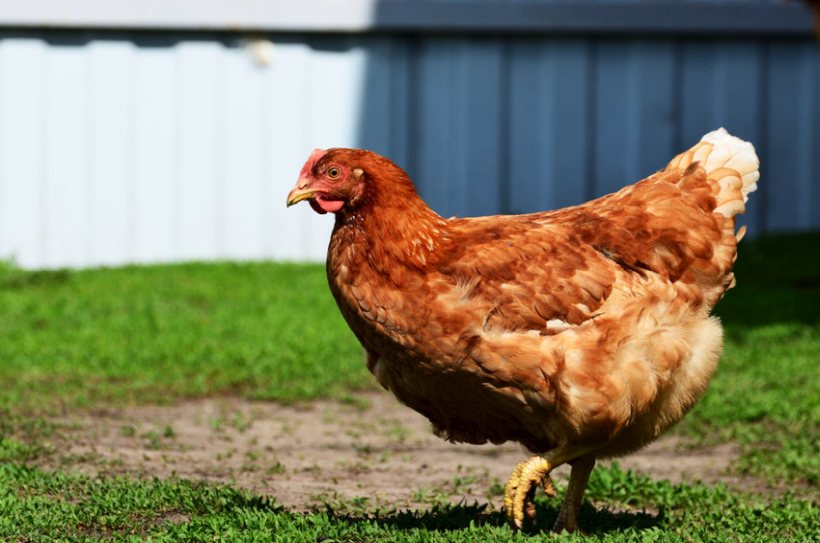
A new case of highly-pathogenic bird flu has been confirmed in Suffolk, making it the county's eighth outbreak in the space of just one month.
Avian influenza of the H5N1 subtype was recorded in birds at a third premises near Woodbridge, Suffolk today (30 March).
A 3km Protection Zone and 10km Surveillance Zone has been put in place around the premises, and all birds on the site will be culled.
It comes after the UK's chief veterinary officer Christine Middlemiss recently urged farmers and keepers in Suffolk to do all they can to boost biosecurity.
As of Wednesday 30 March, the county has now recorded eight cases of highly pathogenic bird flu in the space of one month.
Ms Middlemiss said: "We have taken swift action to limit the spread of the disease including by introducing housing measures.
"However we are still seeing a number of bird flu cases both on commercial farms and in backyard birds right across Suffolk.
"Many poultry keepers in Suffolk have excellent biosecurity standards but the number of cases we are seeing suggests that not enough is being done by all bird keepers to keep bird flu out."
She added: "Whether you keep just a few birds or thousands, you must take action now to protect your birds from this highly infectious disease.
"The avian flu outbreak has not gone away and implementing scrupulous biosecurity remains absolutely critical."
How can I boost biosecurity?
The government has issued advice to poultry farmers and keepers on improving biosecurity:
• House or net all poultry and captive birds to keep them separate from wild birds
• Cleanse and disinfect clothing, equipment and vehicles before and after contact with poultry and captive birds – if practical, use disposable protective clothing
• Where possible change their footwear before entering sheds housing poultry and captive birds. If not, then ensure they are thoroughly cleaned and disinfected
• Reduce the movement of people, vehicles or equipment to and from areas where poultry and captive birds are kept, to minimise contamination from manure, slurry and other products, and use effective vermin control
• Thoroughly cleanse and disinfect housing on a continuous basis
• Keep fresh disinfectant at the right concentration at all farm and poultry housing entry and exit points
• Minimise direct and indirect contact between poultry and captive birds and wild birds, including making sure all feed and water is not accessible to wild birds
• Store bedding so that it cannot be contaminated by wild birds
• Ensure appropriate rodent control is in place in all areas where birds are kept, in addition to any areas where the birds bedding or feed is kept
